Contributed by SASC
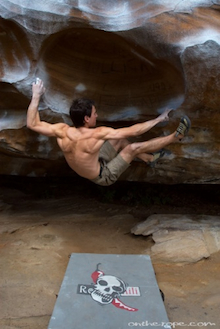
Jan Zbranek is the Chief Route Setter for Rock On 2010. (Photo courtesy of Jan Zbranek)
At five, he started to climb. At nine, he clinched top spot for the Youth category in the Czech National Championship. He began his route-setting career in 2001 as Chief Route Setter for Czech state level competitions and presided over the Czech Youth National Championships in 2004 and 2005. Both as an athlete and a route setter, Jan Zbranek is no stranger to the international sport climbing arena.
This year, Jan will be the Chief Route Setter for Rock On 2010 jointly organised by SAFRA and the Singapore Mountaineering Federation (SMF). We bring you an exclusive interview with the man himself.
What inspired you to take up sport climbing at such a young age?
Growing up in the mountains of the Czech Republic with a father who was a rock climber meant that I was introduced to the sport at a very young age. I began outdoor climbing at the age of five, and soon after, I began entering climbing competitions when I was six years old.
One of the biggest inspirations during the early years of my climbing career was that sport climbing is probably the only sport that I am naturally good at. Later on, I got the opportunity to travel the world, climb, compete and meet many other people who inspired my life.
Looking back, I learnt and realised that climbing has given me the opportunity to spend more time with my family and friends, as all the people that I love are also into the sport. Having my dad as a my coach and my entire family involved with climbing and my training, it just simply means that I am always surrounded by my family and this helps to foster greater ties with the people that I love
What are your best and worst moments in climbing?
When I first started as a competitive climber, I always thought of how good it would be when I won. However, later in my career, I realised that climbing isn’t about beating your rivals. The best moments for me were when I spent the whole day outdoors with my friends having fun. Those were the days when we wouldn’t stop climbing until the sky turned dark and our finger tips were sometimes bleeding.
I can say rock climbing is my life, so I always try to be very positive about it even when something doesn’t go right. I will usually try to find the reason why it is happening and then find motivating factors to overcome it. Sometimes it may be very difficult, but generally, I never have a bad time.
You will be designing the climbing route for Rock On 2010. How do you feel about this?
This is my first time coming to Singapore and I am really excited. I hope that the Rock On competitions will be great fun for all the climbers and spectators. I also wish that the team of organisers will have an amazing experience.
What can the participants expect from you?
Route setting is very abstract. I may have an idea of what I would like to do at this moment, but the final design will usually be a bit different as we will need to improvise along the way based on our previous experiences. I just hope that the participants will enjoy the challenge and have a good time.
How do you think they should best prepare themselves for the competition? Any tips?
Training should be like running a marathon, not a sprint. Short bursts will only lead to ineffective training, inconsistent performance, poor results and possible injuries. Productive training should be programmed, documented (for example, keep a diary of your training performance), consistent and sustainable with specific achievable goals set for the short, mid and long-term. Any dramatic changes in training may increase the possibility of injury. All sessions should be geared for success and concluded on a positive note. Have fun. Train hard. But remember, a great athlete trains for tomorrow and not just for today.
What advice would you give a newbie climber who is competing at the SAFRA Rock On for the first time?
When you think you are climbing well, focus on that feeling and try to replicate that feeling whenever you climb. Soon enough, climbing will become so natural to you as much as taking a walk, and that is what you want to achieve.
What would you like to do in the years ahead?
I would like to keep travelling the world and spend my time around people who are living for rock climbing – same as I am. I would like to share my feelings and experiences with younger climbers and help them find the beauty of our sport. Beyond this, it is my dream to help the International Federation for Sport Climbing to introduce sport climbing as one of the Olympic sports.

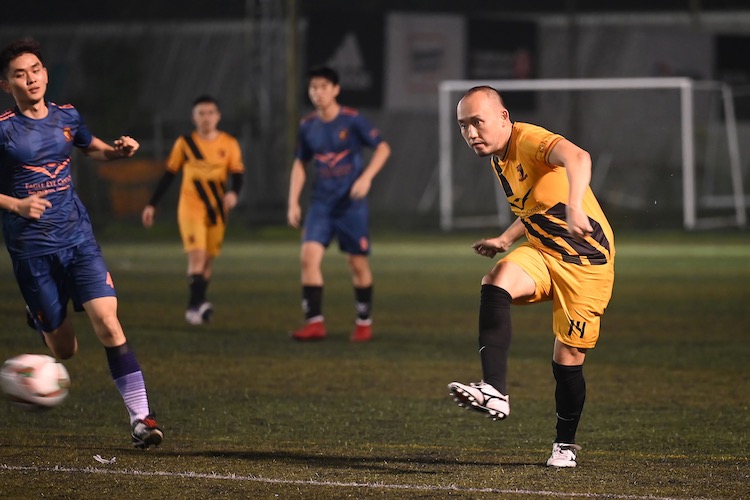
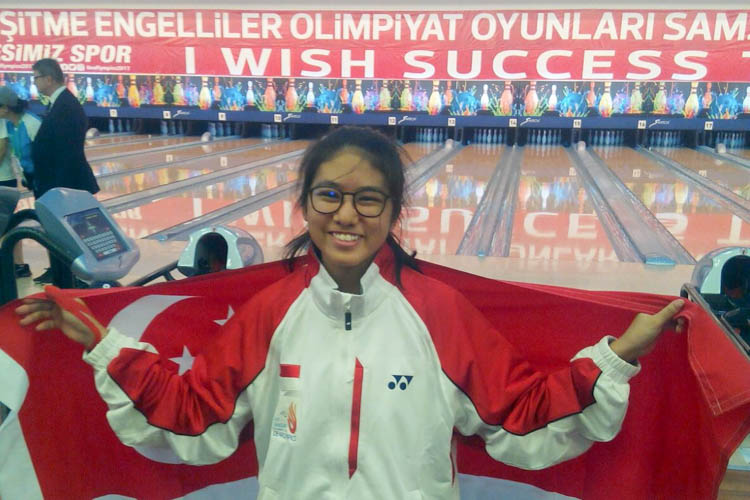
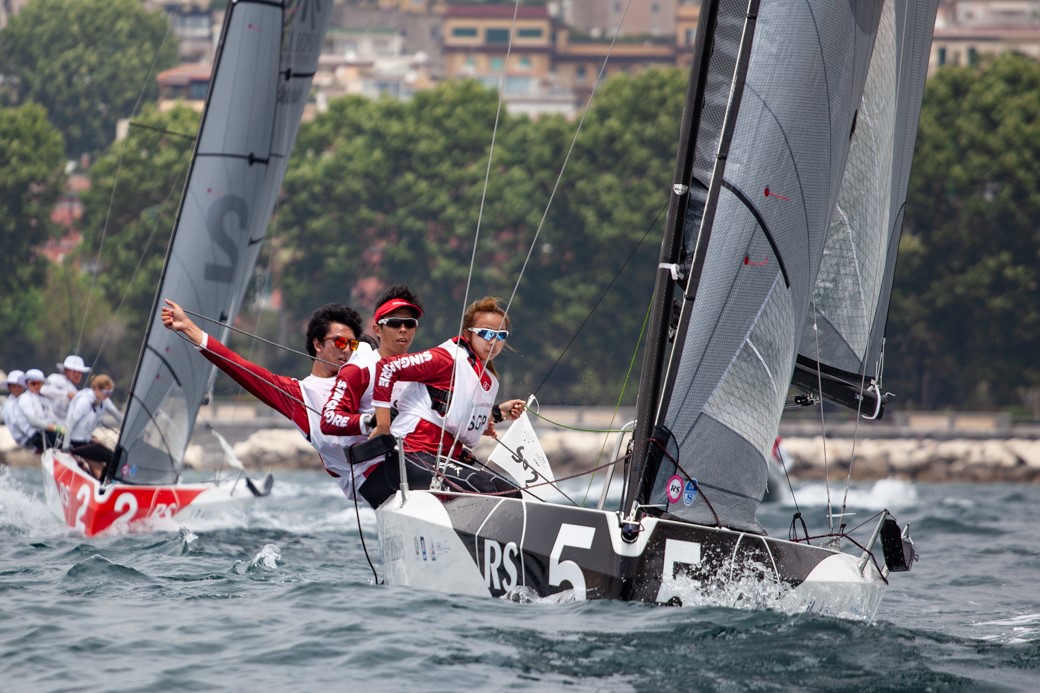
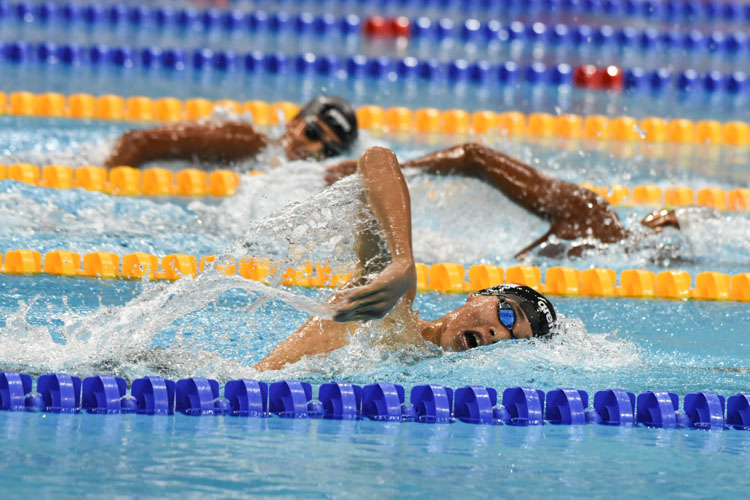
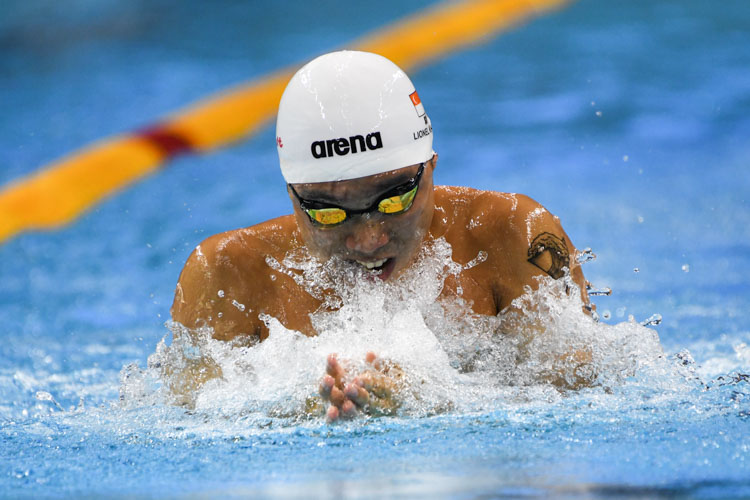

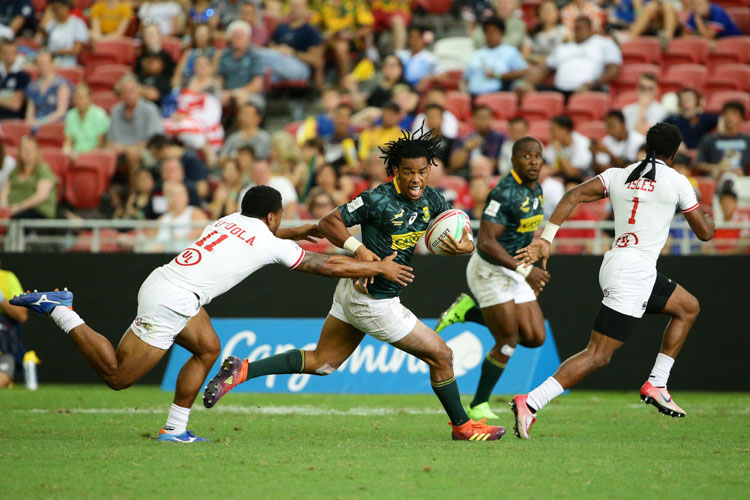
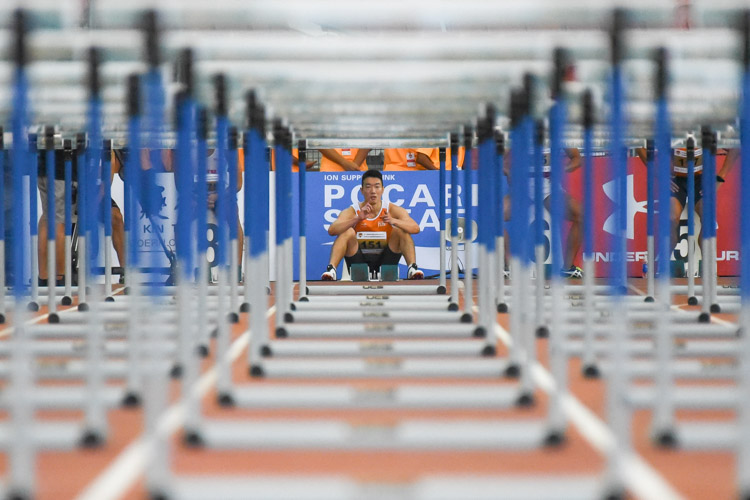
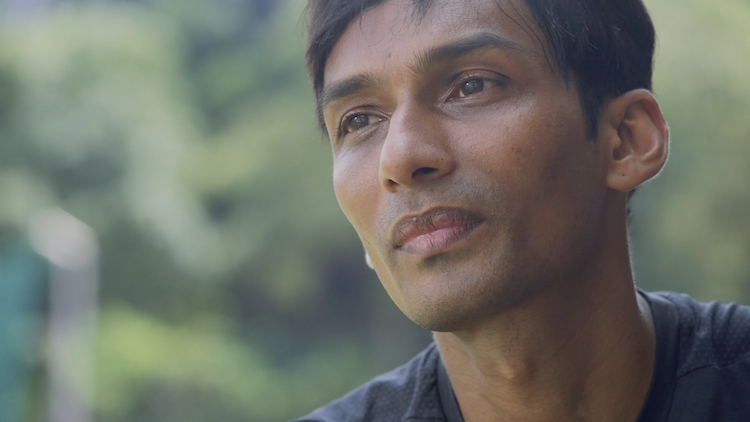
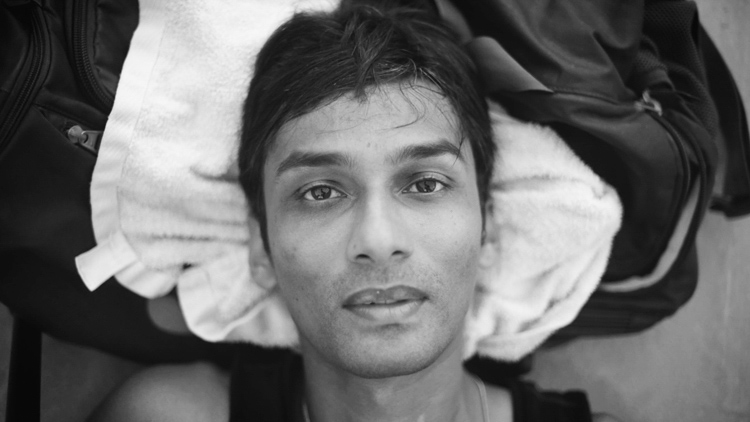
Leave A Comment